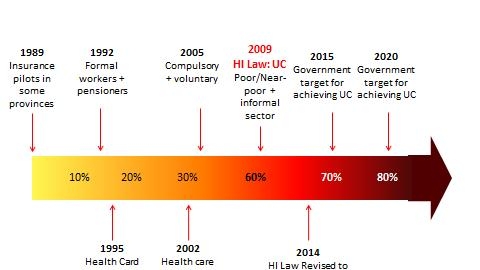
International travel insurance may not be available if you are suffering from a medical condition. Pre-existing conditions may be covered with travel insurance, but these policies are typically not free. It's a good idea to get insurance before you leave for your trip. But it is important to ensure you fully understand the details of each plan. You should also be sure that you understand the condition you have and how it will affect your coverage.
There are many different types of preexisting conditions. These include injuries, illnesses, prescription medication, and others. These include heart disease, kidney disease and liver disease, as well as cancer, arthritis, depression, and cancer. These conditions may be in remission for several years before suddenly resurfacing before your trip. If you are purchasing a plan, it is necessary to disclose any preexisting conditions. Your information will be used to help an insurer determine whether you are eligible.

A policy of travel insurance will usually cover you for cancellation or interruption due to illness or injury. The plan can help you recover some of the expenses incurred if the illness or injury is severe. Your insurance provider will also pay for medical expenses incurred during your trip. The policy you have may offer a waiver to pre-existing medical conditions. In either case, your premium could be higher than normal.
It is best to consult your doctor before you purchase travel insurance. Some conditions are covered by your medical insurance, such as diabetes, but you must have your blood sugar under control. Some conditions are not covered, like pregnancy. You should consider purchasing a travel insurance policy that includes a waiver for preexisting conditions if you have a medical condition.
Pre-existing circumstances are those conditions that existed before the purchase of your plan. You must have them within 60 to 120 days before your travel plans' effective date. If you have them for at least this time, you should be eligible to receive a preexisting condition waiver. Pre-existing conditions can affect the amount of premium you pay.
Pre-existing conditions will be considered by many travel insurers when determining eligibility. When determining your eligibility, most travel insurers will take into account whether you have ever had a pre-existing condition, how it was treated, and how much it has improved since you bought the plan. Your medical records may need to be submitted from the last five years depending on the company.

A pre-existing condition refers to any injury or illness that you suffered before your trip. This isn't always a medical problem. Sometimes, it could be a psychological issue. If you are experiencing an emergency, a waiver of benefits may prevent your travel insurance from covering medical costs.